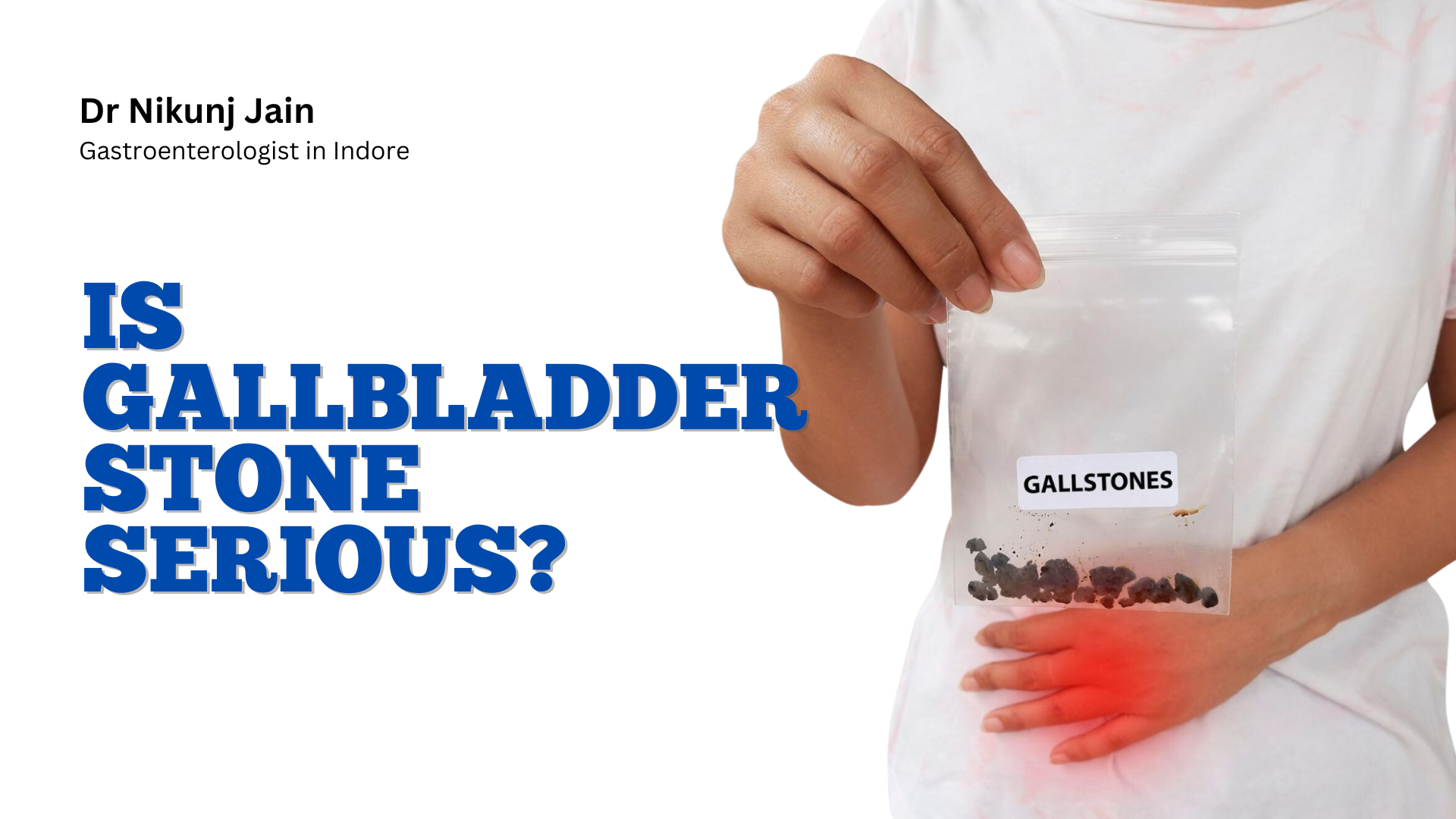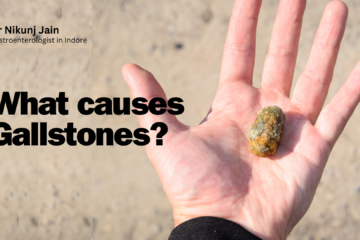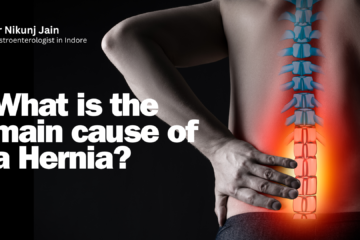Introduction
Gallbladder stones, also known as gallstones, are a common medical condition that can affect anyone, regardless of age or gender. While these stones are prevalent, many people wonder about the seriousness of gallbladder stones and the potential impact on their health. In this comprehensive guide, we will delve into the details of gallbladder stone, exploring their causes, symptoms, complications, and treatment options to provide you with a thorough understanding of this condition.
What are Gallbladder Stones?
The gallbladder is a small organ located beneath the liver, and its primary function is to store and concentrate bile produced by the liver. Bile plays a crucial role in the digestion and absorption of fats. Gallbladder stones are hard particles that form in the gallbladder due to an imbalance in the substances that make up bile. These stones can range in size from small, sand-like grains to larger, golf ball-sized formations.
Causes of Gallbladder Stones
Understanding the causes of gallbladder stones is essential for grasping the seriousness of the condition. Several factors contribute to the formation of gallstones, including:
- Excess Cholesterol: High levels of cholesterol in the bile can lead to the formation of cholesterol stones, the most common type of gallbladder stones.
- Bilirubin Imbalance: An imbalance in the substances that make up bile, such as bilirubin, can result in the formation of pigment stones.
- Impaired Gallbladder Emptying: Conditions that interfere with the regular emptying of the gallbladder, such as pregnancy or certain diseases, can contribute to stone formation.
- Obesity and Rapid Weight Loss: Obesity and sudden weight loss can increase the risk of gallstones.
- Genetic Predisposition: A family history of gallstones may increase an individual’s susceptibility to developing them.
Symptoms of Gallbladder Stones
Gallbladder stones often remain asymptomatic, meaning individuals may be unaware of their presence. However, when symptoms do occur, they can be quite uncomfortable. Common symptoms include:
- Pain: Intense abdominal pain, typically in the upper right portion, is a hallmark symptom of gallbladder stones. This pain may radiate to the back or right shoulder.
- Nausea and Vomiting: The presence of gallstones can lead to nausea and vomiting, particularly after consuming fatty foods.
- Indigestion: Gallstones can disrupt the normal digestive process, causing indigestion and discomfort.
- Changes in Stool Color: The passage of pale-colored stools may indicate a blockage in the bile duct due to gallstones.
- Jaundice: In severe cases, gallstones can lead to jaundice, characterized by yellowing of the skin and eyes.
Complications of Gallbladder Stones
While gallbladder stones may start as a seemingly harmless condition, they can lead to serious complications if left untreated. Some potential complications include:
- Gallbladder Inflammation (Cholecystitis): Gallstones can cause inflammation of the gallbladder, leading to severe pain and infection.
- Pancreatitis: In some cases, gallstones can block the pancreatic duct, resulting in inflammation of the pancreas.
- Gallbladder Cancer: Although rare, long-standing gallstones may increase the risk of developing gallbladder cancer.
- Gallstone Ileus: Gallstones can sometimes migrate to the small intestine, causing a blockage known as gallstone ileus.
Diagnosing Gallbladder Stones
If you experience symptoms suggestive of gallbladder stones, your healthcare provider may recommend several diagnostic tests, including:
- Ultrasound: This imaging test is often the first line of investigation for gallbladder stones.
- Blood Tests: Blood tests can help assess liver function and detect signs of inflammation.
- CT Scan: A computed tomography (CT) scan may be performed to obtain detailed images of the gallbladder and surrounding structures.
- HIDA Scan: A hepatobiliary iminodiacetic acid (HIDA) scan can evaluate the gallbladder’s ability to empty.
Treatment Options for Gallbladder Stones
The seriousness of gallbladder stones often determines the appropriate course of treatment. Common treatment options include:
- Watchful Waiting: Asymptomatic gallstones may not require immediate intervention, and a “watch and wait” approach may be adopted.
- Medications: Certain medications, such as ursodiol, may be prescribed to dissolve cholesterol stones.
- Laparoscopic Cholecystectomy: The most common and effective treatment for symptomatic gallstones involves the surgical removal of the gallbladder.
- Endoscopic Retrograde Cholangiopancreatography (ERCP): ERCP may be used to remove stones from the bile duct using a combination of endoscopy and X-rays.
- Extracorporeal Shock Wave Lithotripsy (ESWL): ESWL uses shock waves to break gallstones into smaller fragments that can be passed naturally.
Preventing Gallbladder Stones
Taking steps to prevent the formation of gallbladder stones is essential for maintaining good health. Strategies for prevention include:
- Maintaining a Healthy Diet: A diet low in saturated fats and cholesterol can reduce the risk of gallstones.
- Gradual Weight Loss: Avoid rapid weight loss, as this can increase the likelihood of gallstone formation.
- Regular Exercise: Engaging in regular physical activity can help maintain a healthy weight and reduce the risk of gallstones.
- Hydration: Staying well-hydrated is crucial for preventing the concentration of bile and the formation of stones.
Conclusion
In conclusion, gallbladder stones are a common medical condition that can have varying degrees of seriousness. While some individuals may remain asymptomatic, others may experience significant pain and complications. Understanding the causes, symptoms, and potential complications of gallbladder stones is crucial for making informed decisions about treatment and prevention. If you suspect you have gallstones or are experiencing symptoms, it is important to consult with a healthcare professional for a thorough evaluation and personalized care plan. Taking proactive steps to maintain a healthy lifestyle can contribute to gallbladder health and overall well-being.
Meet Your Doctor

The Best Laparoscopic Surgeon in Indore
Dr. Nikunj Jain is a renowned Gastro & Minimal Access Laparoscopic Surgeon.
He is a Surgical Gastroenterologist, Consultant Surgeon at Apollo Hospital, Indore having expertise in laparoscopic, Laser, and Robotic Surgery.
You can be confident that with Dr. Nikunj Jain your well-being is in the capable hands of a highly-skilled Minimally Invasive Laparoscopic & Robotic Surgeon. Dr. Nikunj Jain strives to treat his patients with an honest, straightforward, and caring nature in a safe and comfortable environment.
Dr. Nikunj Jain has been awarded Dr. B. Ramamurthi National Gold Medal by National Board of Examination.
drnikunjjain@gmail.com
Email your reports
+91-97114-59697
Call Now to book Appointment
Head Quarter Building
3rd Floor, Satya Sai Square, Vijay Nagar, Indore – MP
Apollo Hospital
Sector-D, Scheme No 74C, Vijay Nagar, Indore – MP
Read More –
Hernia: Causes, Symptoms, Diagnosis, and Treatment – https://drnikunjjain.com/hernia-causes-symptoms-diagnosis-and-treatment/
Piles: Causes, Symptoms, and Treatment Options – https://drnikunjjain.com/piles-causes-symptoms-and-treatment-options/
Fissures and Fistulas: Causes, Symptoms, and Treatment – https://drnikunjjain.com/fissures-and-fistulas-causes-symptoms-and-treatment/



